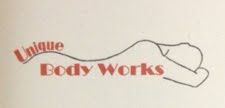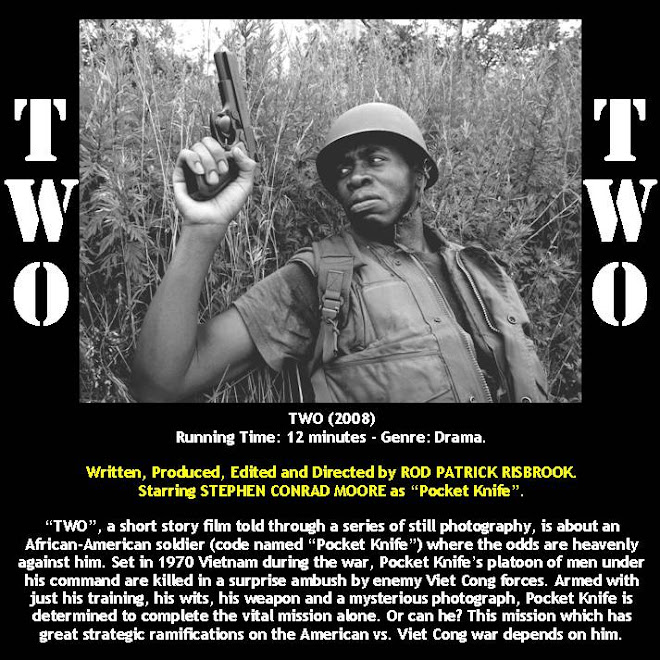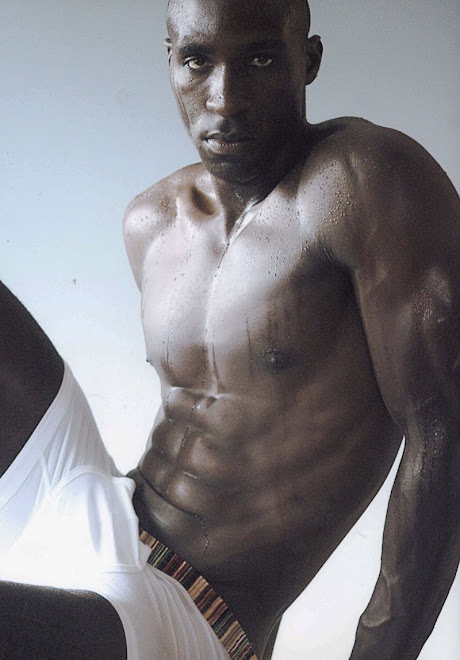 Excerpt From:E-Village News: Responding to the Call of the Ancestors
Excerpt From:E-Village News: Responding to the Call of the Ancestors
MEN'S SPECIAL ISSUE (August 2010)In memory of Grandfather Bakhyé and Papa ElieMen, Ritual, & Community
Malidoma Patrice Somé
with Reid Baer
Excerpts from Man Overboard Column Archive, 2005
Menstuff: The National Resource Website
"Ritual is the most functional means by which archetypal energies are dealt with," Malidoma began. "Indigenous people have been aware of that for eons. In the modern era, we focus too much on psychological counseling. There is a tendency for people to linger endlessly in therapy without receiving significant help. The shadow parts of our lives keep coming back." Malidoma believes that dealing with "the things we cannot escape" is best accomplished within the sacred space of ritual.
"Ritual facilitates and provides us with a unique channel to access higher power," he said. "Certain issues don't want to be resolved mechanistically. We don't have to know how the power works; we just have to show up and let the higher forces deal with the issues. The trap we feel inside ourselves is removed once we enter into sacred space. The energies know how to push obstacles out."
Malidoma suggested that men should learn to trust their own ability to create sacred space, where they can be "vulnerable in a sacred fashion" and allow themselves to be dismantled so that the rebuilding can produce a lasting result. The sacred space to initiate men is not necessarily a physical place, but an energetic place.
"It's very hard to do this as an individual thing" he said. "This kind of healing requires community - men with men. The healing begins with the destabilization of a man's energy. When he starts to feel unstable, it is best put in that place where other men or humans are. And eventually he will let go."
"Men usually fool themselves into serving the big dragon," Malidoma stated. However, with the help of other men observing from the outside, an initiate will begin to see his own dragon. The collapse of the traditional internal structure can then begin, and the "great opportunity of rebuilding the self occurs."
"That idea is a hard-sell in this culture because men like to stay in control," he continued. "Men have no room for a place of risk. In the business of healing, more often than not, we paint over the problems. This danger place that we are obligated to move into is a sacred danger because it endangers the very problems we deal with; and when it endangers them, we feel it endangers us too."
Modern men identify too closely with their problems, he added, "and we become the problems, not the solutions."
Malidoma said he believes men use the need for "safety as a condition of healing" as an excuse not to deal with the problem.

"We must endanger the problem by confronting it," Malidoma instructed. "It is to be dug out of its hiding and exposed to the air. It cannot breathe oxygen. The light of day is lethal to it. That's why the dragon tells us that we should be safe, because the dragon wants to be safe. We end up actually serving the very thing we want to be rid of."
The creative process is essential in coping with dragons, the Elder noted. "In talking about expression, we have to visualize it as more than speaking English," he said. "Creativity includes non-verbal expression and the ability to use the entire body as a means of discourse."
Malidoma said the dragon wants us to be introverted.
"Expression rips open the hidden cages and blind boxes, thereby releasing all the information hiding in there unbeknownst to us and others," he said. "To speak constantly into sacred space is to give oneself the opportunity of transcending ... taking our lethal pain and diluting it into the ether."
"Ritual or initiation provides a safe place for the soul and body to affirm life over death," he declared, "to affirm continuity over discontinuity."
Men don't need a "sophisticated construction" to participate in ritual. Malidoma recommends we "look up at a tree" or "go to a creek and see the flow of water."
"There may be some powerful genie dwelling in the water," he said. "Talk to him like we talk to each other."
The response may not be the loudest one we hear, but if we're willing to listen carefully, we can hear the "big noise or echo" of nature tell us that "we're right and to go on and walk proudly."
In Malidoma's village, the men are the spiritual leaders.
Why? "Because this is the kind of power and is the responsibility every male is born with, and when assumed properly, it becomes authentic," he said. "Women and children find themselves reassured by the men's true power. It is when we pretend to assume the power that in fact we are derogatory and chaos is created. True male power is very healing for everybody. And so, if a man is not a self-centered control freak, he is one that will be serving, protecting, and holding the sacred space .... holding the space for everything and everybody to live."
So, what keeps Western modern man from being the spiritual leaders in their own homes? "Men get caught up in the socio-economic nightmare of giving away most of their time in order to survive," he answered. "We didn't come into this world to give all our energy to stay alive, we came here to live. The biggest dragon is the one that tells us we have to work eight hours a day ... and we end up being so tired that the very thing our soul is yearning for we don't have time for. We have to tell each other to take time, and we need to hold hands with each other. Men have to be willing to come together to express what they feel to each other as the first step toward moving into that sacred space so they can heal enough to assume true responsibility in their own household. If we find a little moment to get together to pound on this problem, then we can go back to our respective homes and our partners and children ... and they can see us shining in our true glory."
Community is a strong recurring theme in much of Malidoma's work. He defines it as, "a bunch of people willing to come together in a circle in which they are conscious enough to invoke the sacred, the divine ... to be with each other so they can express their authentic self to one another. If men are willing to come together and be with each other, knowing they need supervision of the divine in order that their being together is not limited to talking about current events and drinking beer, then they have become a community."
The community is strengthened by "invoking the sacred," he added, but not by making themselves exclusive.
"Once we start attacking and excluding other communities then we have become a club," Malidoma explained, "and then we have taken the ideas of society into our club, and the dragon prospers in us as a community."
Malidoma expresses his own sense of community and his personal spiritual creative process this way, "I draw from bone energy and the memories that come from the bone. I allow myself to surrender to the higher forces with the clear intention that I want to be as clear and precise as possible. What comes out is something almost independent of me. There's something quite militant in it, because when I express myself, and not after heavy duty preparation, I know that spirit is speaking through me. When I feel that intensity coming out, when I feel it, I know someone else will feel it. Every time I have attached my own emotion or capacity, I have to stand back and get out of my way so higher forces can speak. That has been transforming. I like to call that spirit. Spirit expresses itself in a way we cannot map, cannot tell ahead of time, and has its own plan - a plan not known to us. To know it, we have to surrender to it. It's a risky thing. And risk-taking in the business of feeling, is worth doing."
© 2005 Reid Baer




















+LR+Edit+32.jpg)


.jpg)


























.jpg)



